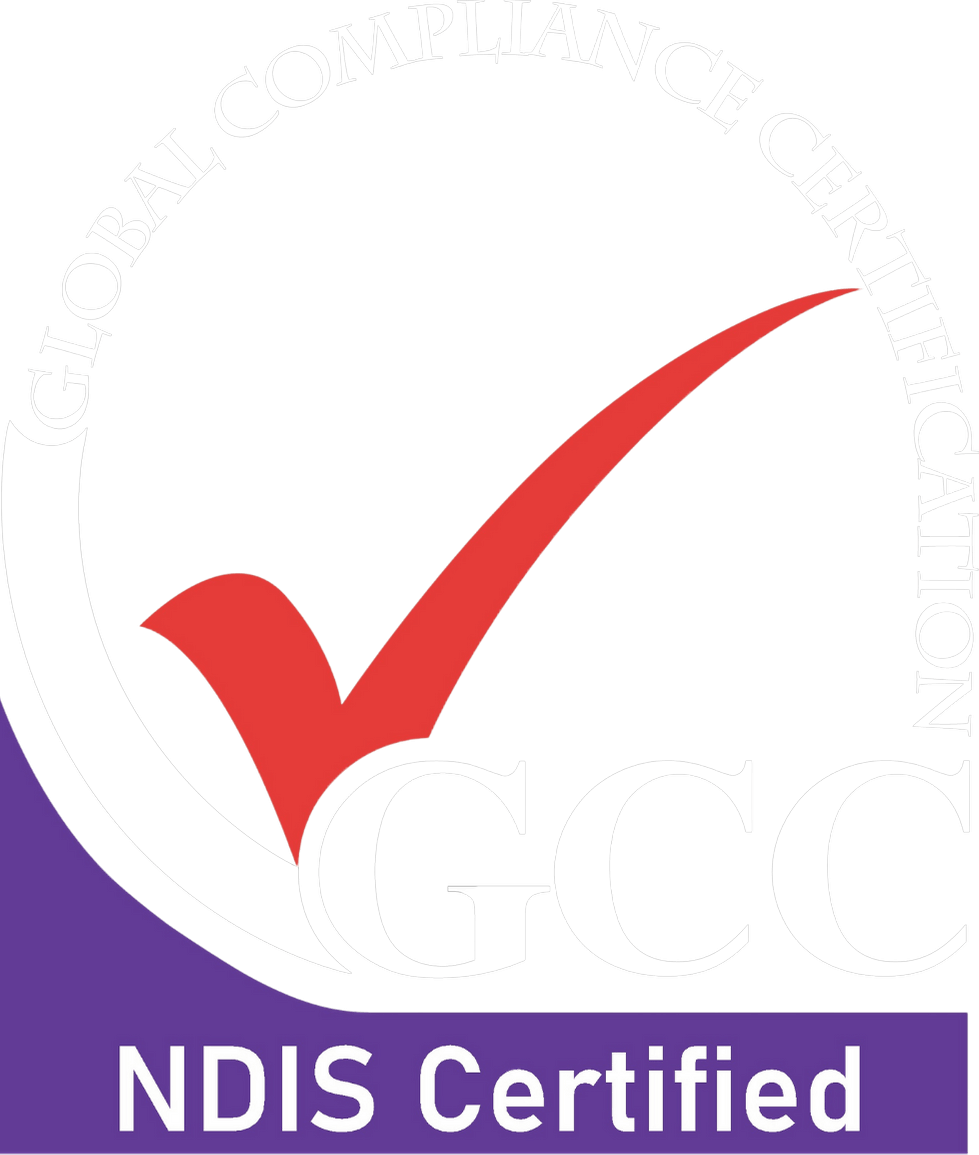For infants at risk of autism, it was found that therapy led by their parents significantly improved the child’s social development. The result was two-thirds of children were less likely to meet the clinical criteria for an autism diagnosis, according to world-first research by the Telethon Kids Institute.
Key points:
- Study finds early intervention reduces autism-related behaviours in children
- The findings are a ‘true breakthrough moment’ according to research lead
- Providing support very early in life can alter developmental trajectories
The groundbreaking study, published in JAMA Pediatrics, is the first time pre-emptive intervention with children as young as one or two has been shown to so significantly reduce autism-related behaviours.
By providing therapy based on the unique needs of each infant, rather than a general diagnosis, the study had demonstrated significant benefits to development.
The researchers stressed parent-child interactions were not the cause of autism and parents were not to blame in any way, rather children were born with a developmental vulnerability that was related to genetics.
“What we’re saying is parent-child interactions are a powerful tool through which we can support brain development for developmentally vulnerable kids,” Professor Whitehouse said.






